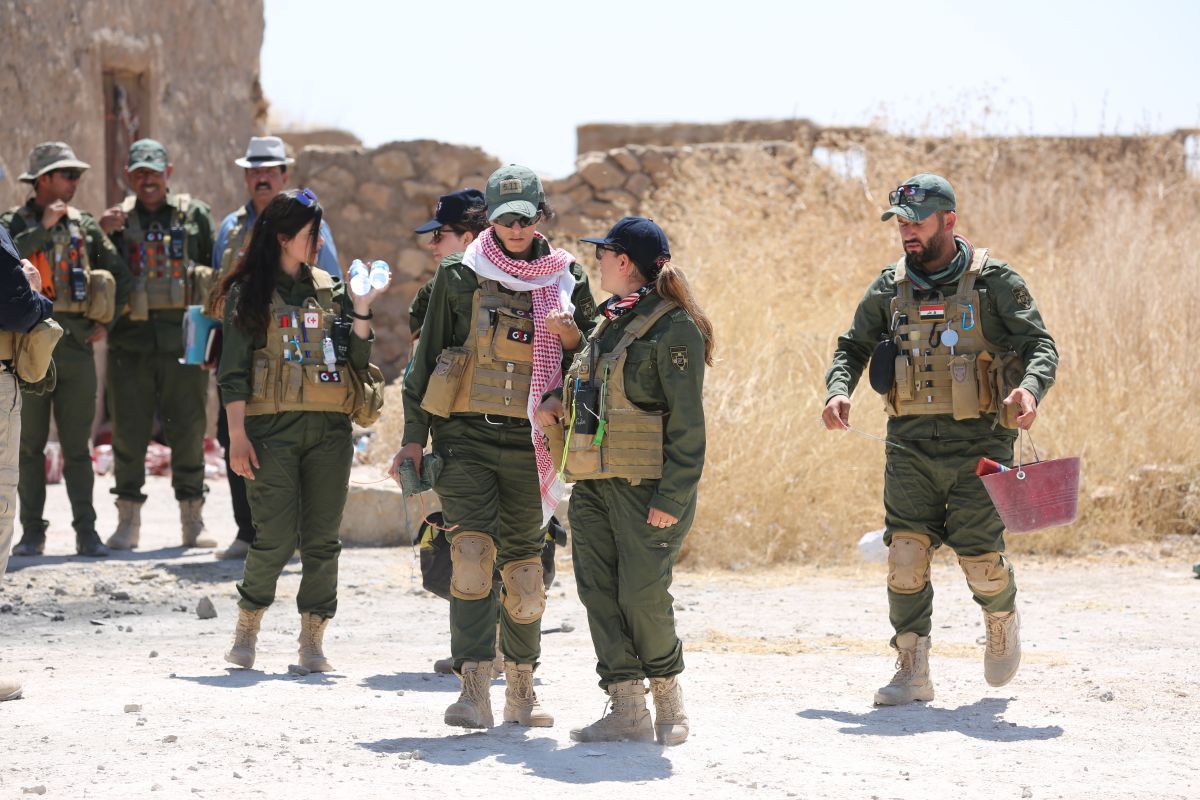Red Carpet
In the realm of global economics, China has long been the magnetic epicentre, drawing in foreign investors with promises of boundless opportunities and unprecedented growth.
In this light, he urged UN member states to regain their primary responsibility for their nationals in terms of protection, repatriation, gender-sensitive and age-appropriate prosecution, rehabilitation and reintegration strategies.

(Photo: IANS)
A top UN official has said the Islamic State (IS) remains at the centre of the transnational terrorism threat, despite its defeat in Syria and the death of its longtime leader last year.
On Friday, Undersecretary-General of the UN Counter-Terrorism Office Vladimir Voronkov told the Security Council that the IS has continued to seek resurgence and global relevance online and offline, aspiring to re-establish its capacity for complex international operations, reports Xinhua news agency.
He said that the terror group’s regional affiliates continue to pursue a strategy of entrenchment in conflict zones by exploiting local grievances.
Advertisement
Foreign terrorist fighters (FTFs) who travelled to Iraq and Syria were expected to continue to pose an acute short, medium and long-term threat due to their high number, with estimates of those alive ranging from 20,000 to almost 27,000, he added.
Voronkov noted that the IS’s reconstitution as a covert network in Syria follows a similar pattern as in Iraq since 2017.
Northeast Syria has seen a spike in attacks targeting the international counter-IS coalition as well as local non-state armed groups.
In addition, the situation of IS fighters and associated family members in detention and displacement facilities in Iraq and Syria has been worsening, he said, adding that their fate remains a major challenge to the international community.
While the IS has become increasingly focused on freeing these detainees, most UN member states have not yet assumed responsibility for the repatriation of their nationals among them, he said.
In this light, he urged UN member states to regain their primary responsibility for their nationals in terms of protection, repatriation, gender-sensitive and age-appropriate prosecution, rehabilitation and reintegration strategies.
To deal with the issue of FTFs, Voronkov said that next week, his office will convene a joint conference with the government of Switzerland and the Organization for Security and Cooperation in Europe in Vienna, under the theme “Foreign Terrorist Fighters — Addressing Current Challenges”.
He also added rear preparations were underway for the second Counter-Terrorism Week at the UN from June 29 to July 2, including the 7th biennial review of the UN Global Counter-Terrorism Strategy.
The Counter-Terrorism Week, which will contribute to the commemoration of the 75th anniversary of the UN, will focus on building social and institutional resilience to terrorism, he said.
During the week, “we will also hold the first-ever Global Congress of Victims of Terrorism and the Second UN High-Level Conference of Heads of Counter-Terrorism Agencies of Member States”, he said.
Advertisement